No products in the cart yet. Keep shopping.
Growing a Great Lawn
When cared for properly, the lawn can become the highlight of any garden and make your neighbours green with envy! A secret to any healthy lawn...

One of the most asked question we get at Jeffries is
It’s for good reason. It can be so confusing with different certifications, conflicting information and with green washing ever present with products claiming ”compostablility” or ”eco-friendly”.
We understand it can be confusing. That’s why we’ve tried to make it as simple as possible, as this really helps.
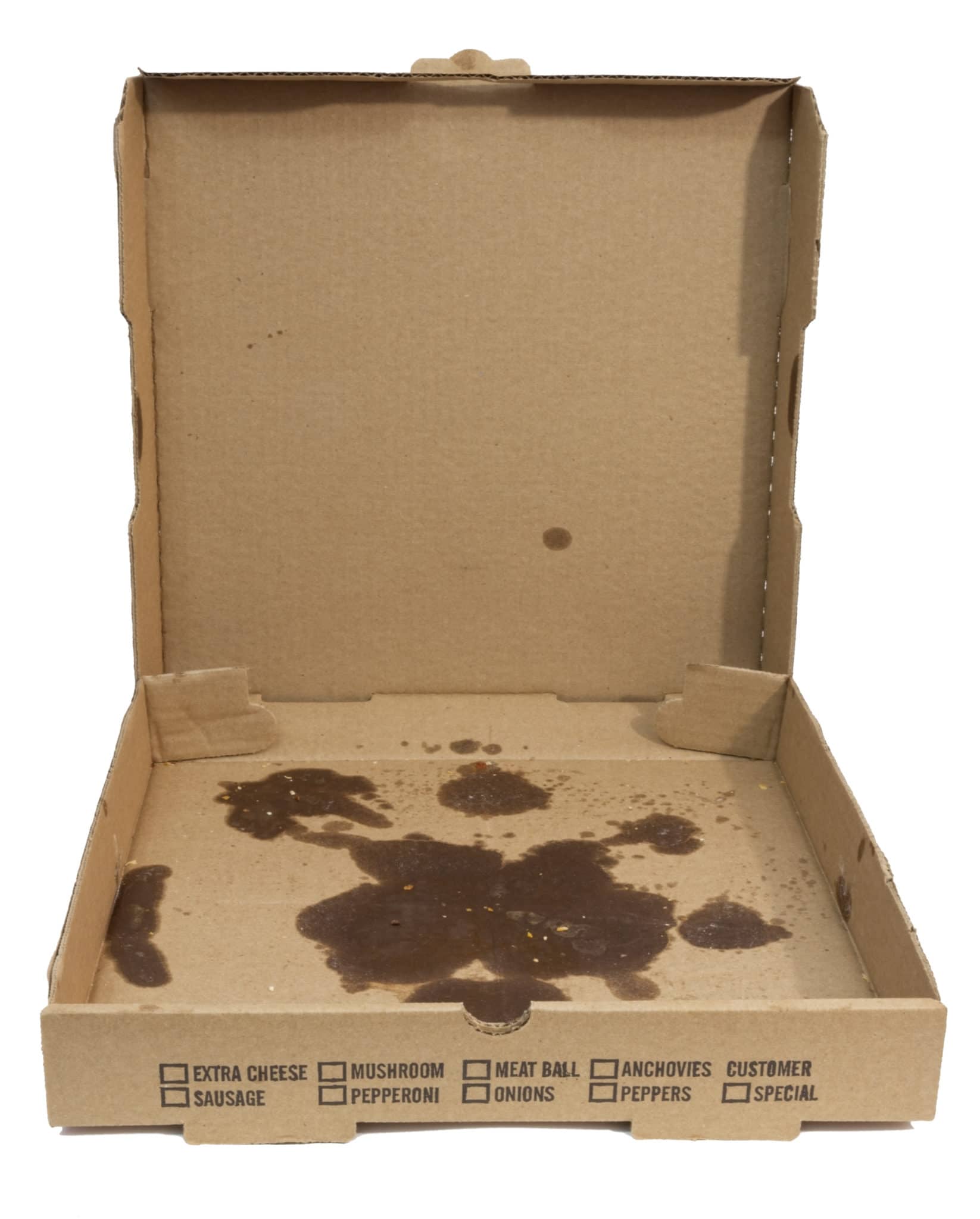
Look for these symbols!
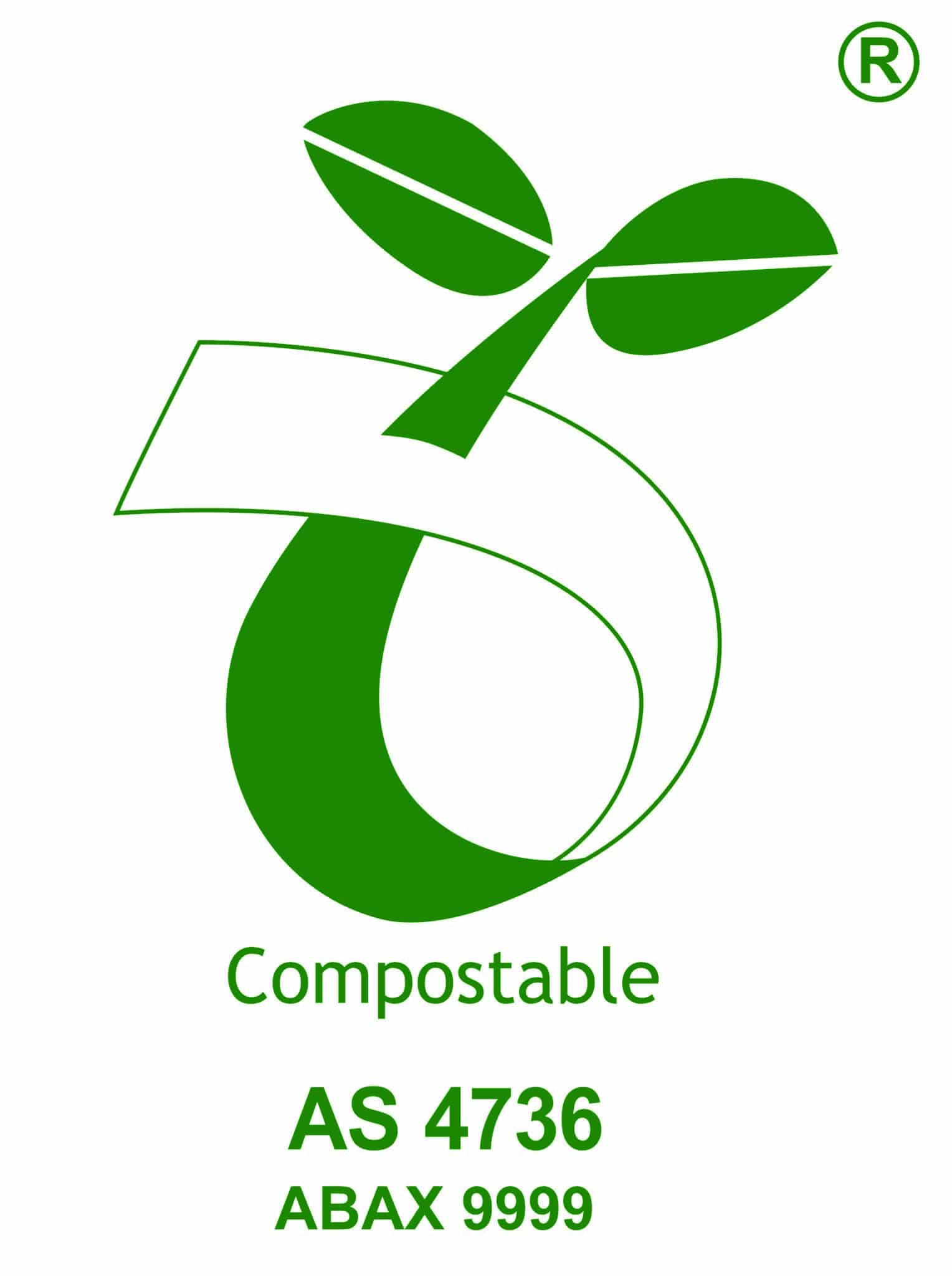
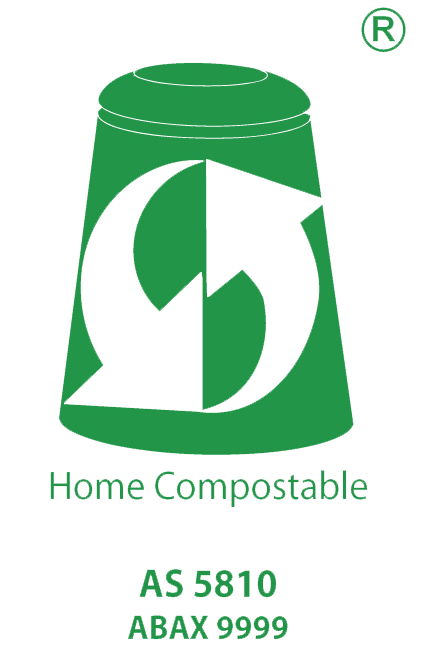
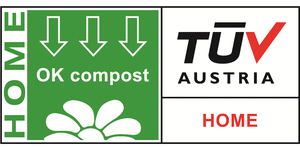
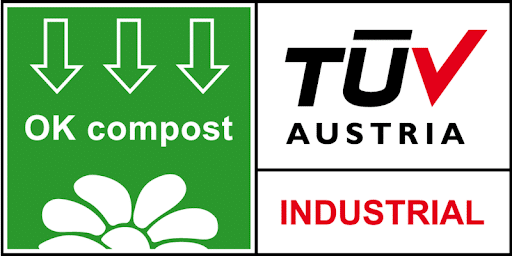
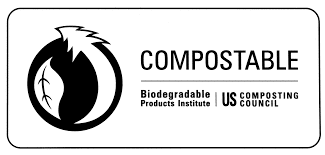
*As a general rule, we prefer Australian Certification. Australian Certification takes into consideration toxicity of a product to earth worms which is very important to us. Your organic matter is recycled then returns to the ground where worms live. Whilst this is still a relatively new market, we are open to accepting US and EU standards. If you operate a business we encourage you to use Australian Certified Compostable products (the seedling logo) to help drive the demand for products with this certification. We will keep campaigning from our end!
*We do NOT accept any cotton or rubber products, regardless of whether it is 100% natural. Unfortunately it does not break down in our composting process.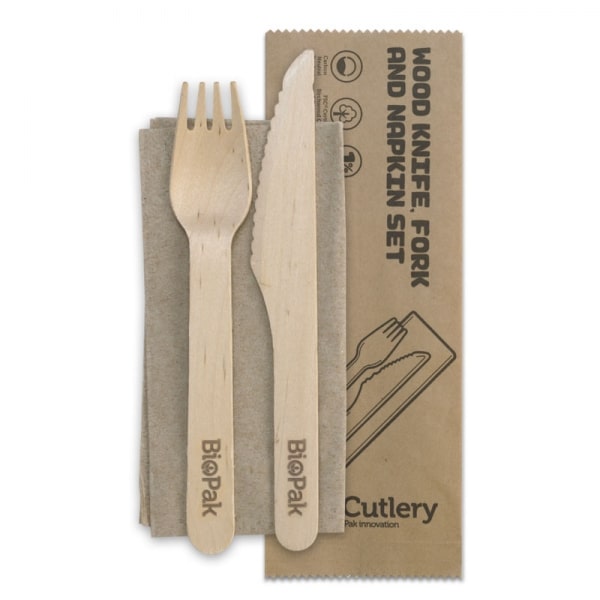

When cared for properly, the lawn can become the highlight of any garden and make your neighbours green with envy! A secret to any healthy lawn...
Growing indoor plants is the perfect solution if you lack the room for an outside garden or just wish to bring natural beauty inside. Even while not...
It's the ideal time to head outside and begin creating the Spring garden of your dreams now that the dark, gloomy winter days are behind us and the...